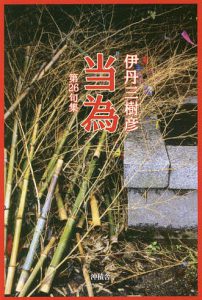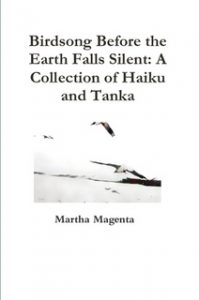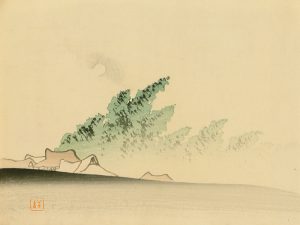
行雲を見つゝ居直る蛙哉
yukukumo wo mitsutsu inaoru kawazu kana
imperturbabile
la rana osserva
le nuvole vagare
夏河を越すうれしさよ手に草履
natsukawa wo kosu ureshisa yo te ni zōri
torrente d’estate:
è piacevole attraversarlo
con i sandali in mano Leggi tutto “Cinque haiku di Yosa Buson”
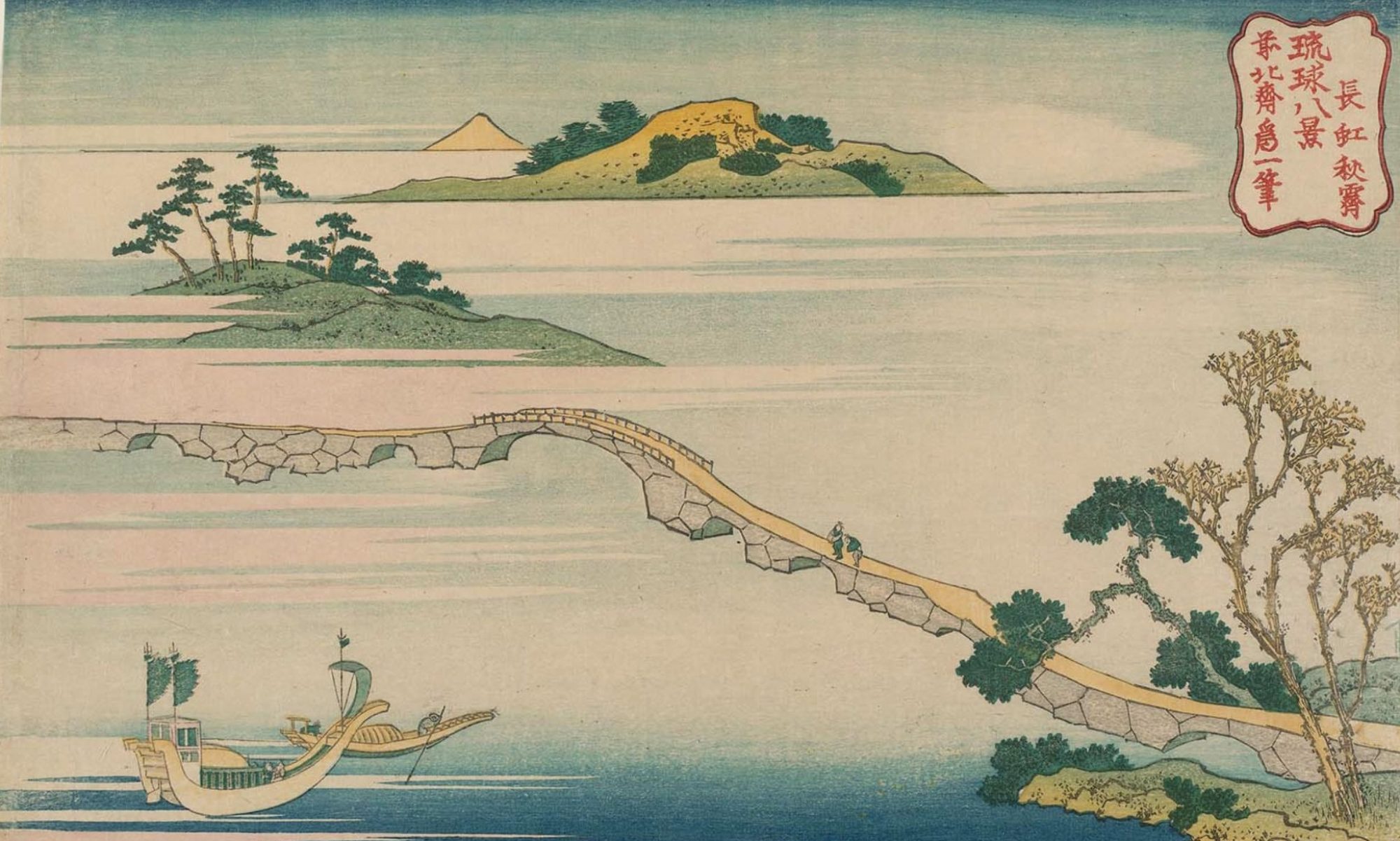
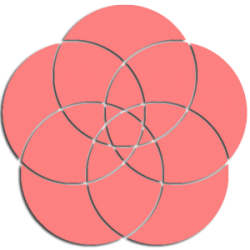
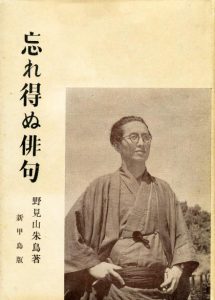
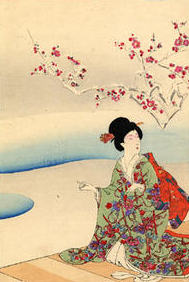
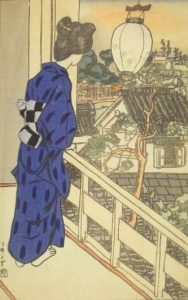
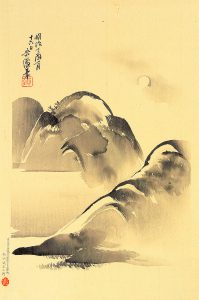
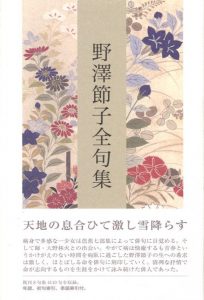
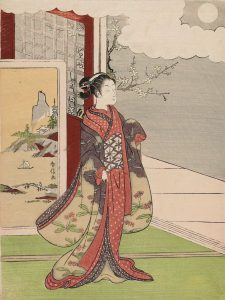 A two-line ku with 7 syllables only that is capable of evoking –thanks to its brevity– an indefinite series of suggestions in the reader’s mind.
A two-line ku with 7 syllables only that is capable of evoking –thanks to its brevity– an indefinite series of suggestions in the reader’s mind.